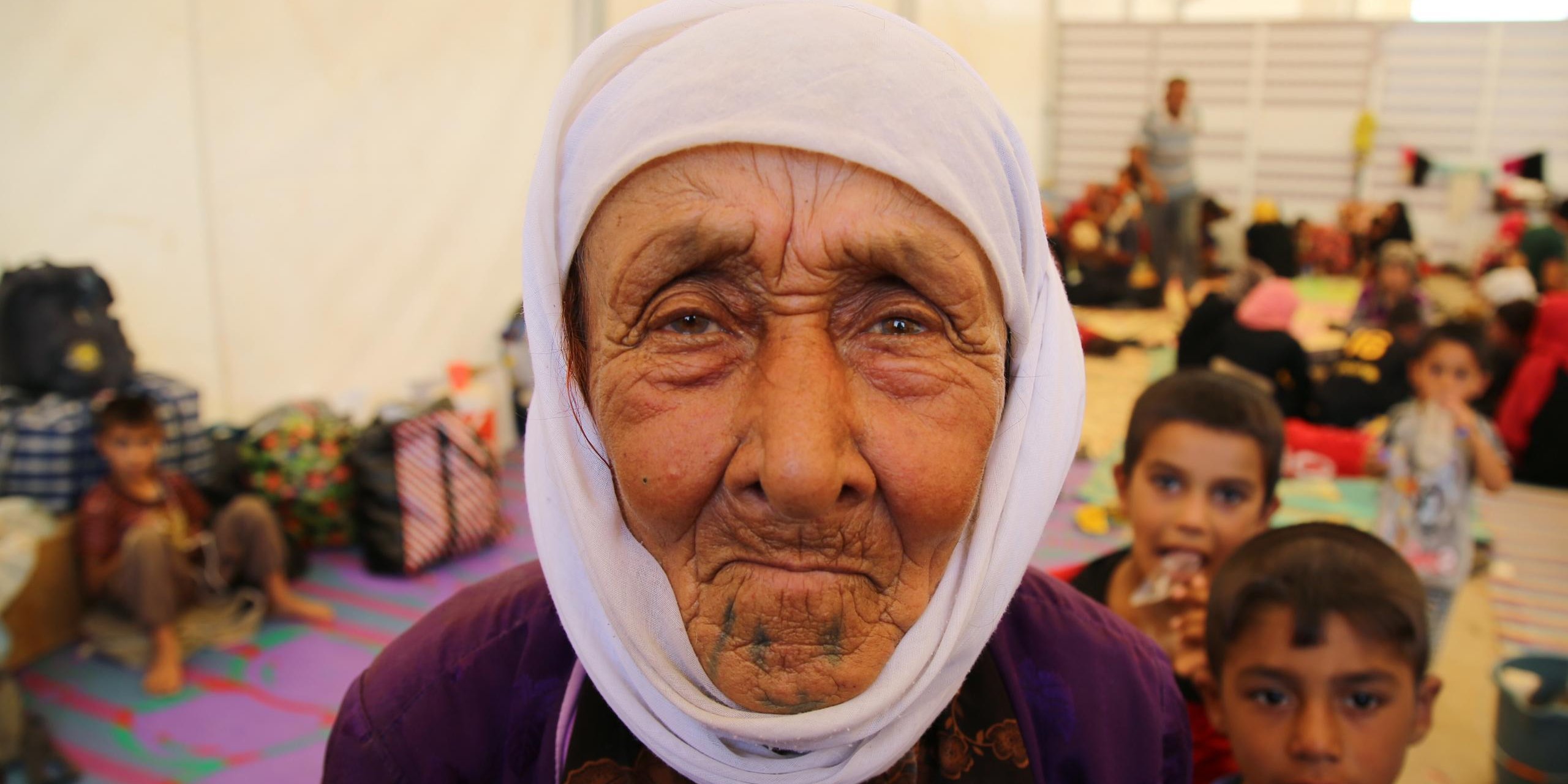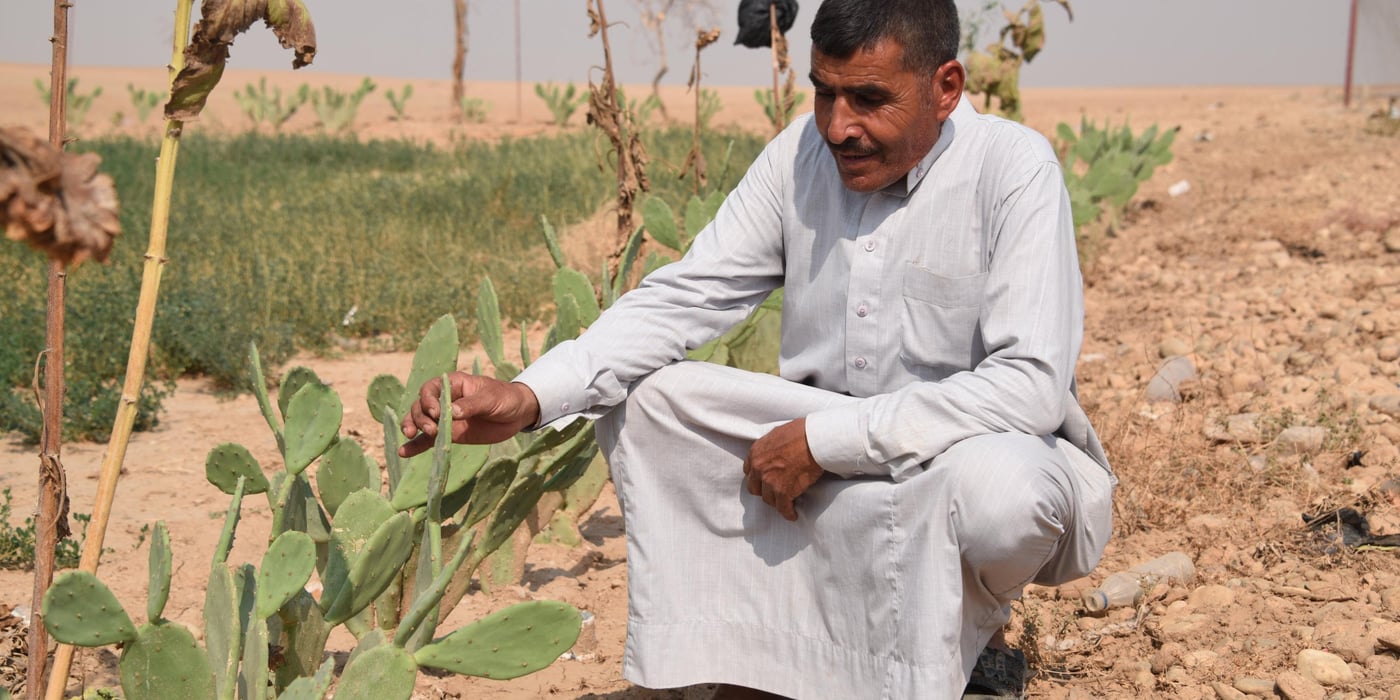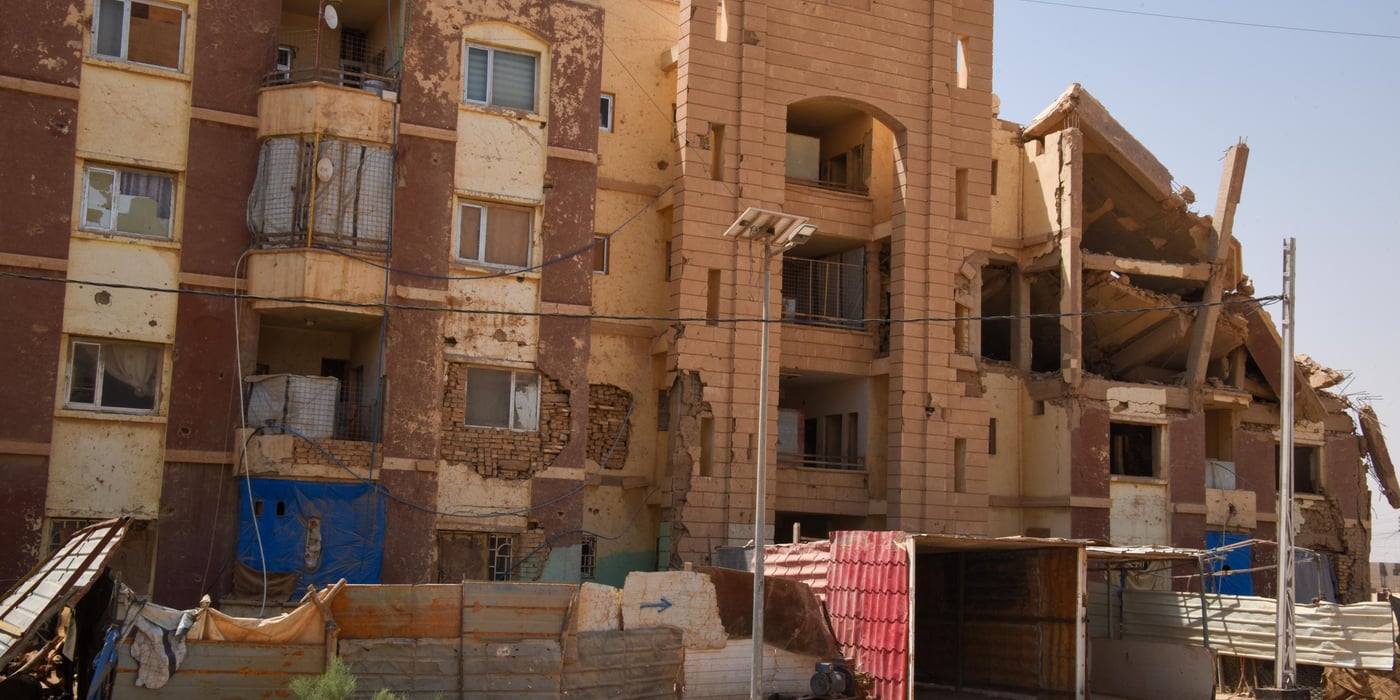
“During the military operation, thousands of people had their movement restricted. We hope that today’s news will mean that displaced people can move freely so that they can begin to return home and start the long process of recovery,” said Heidi Diedrich, country director, Norwegian Refugee Council. “The first thing that must be in place is safety and security. Even after areas are retaken from IS, violence often continues.”
More than 3 million people are currently displaced by conflict across Iraq – a third coming from Tal Afar or Mosul during the last nine months. While many have returned to east Mosul, many of those from the west say that they have nothing to go back to. Although the military operation in Tal Afar was brief, it displaced over 40,000 people since April.
As the current conflict in Iraq diminishes, it is predicted that as many as 1.5 million people in Iraq will return to their homes over the next six months. However, any person’s return must be safe, voluntary and dignified. This can only happen with comprehensive plan from the government of Iraq.
“We can’t go back unless the government allows us to - a lot of homes are booby trapped and there are IED (improvised explosive devices) and mines everywhere,” said Mehmoud Mustafa, who fled Tal Afar with four other members of his family. “One of our family members was arrested … and we have no idea where he is now, so we want to wait for the family to be together again.”
“There are almost no services where we come from, and no food and water and things that we need to get by,” said Sami Salih, from Tal Afar. “We also need to be allowed to return to our homes by the government and military forces. So we will go back when I have enough money and something to go back to. Now we have nothing left of our properties.”
One third of Iraq’s population, 11 million people, need humanitarian assistance. Yet, only 43 per cent of the US$ 985 million total funding target has been provided this year.
“It will take a long time and a lot of resources to rebuild the cities, towns and villages that have been damaged and destroyed by this conflict. People cannot even begin this process unless they are safe. Once they are, people must be free to move when and where they choose so they can start the journey of rebuilding,” said Diedrich.




